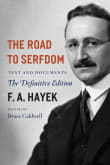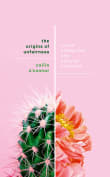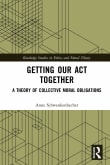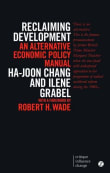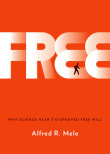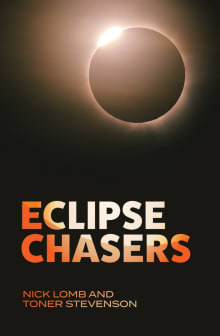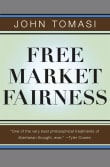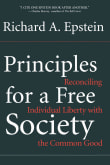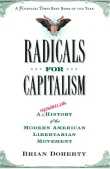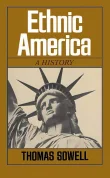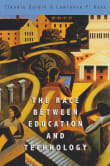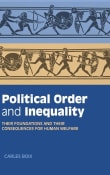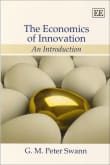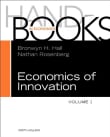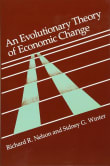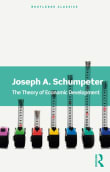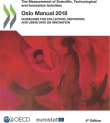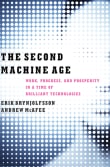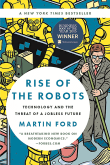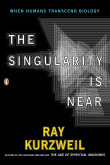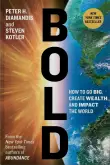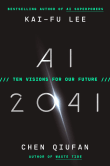Bourgeois Equality
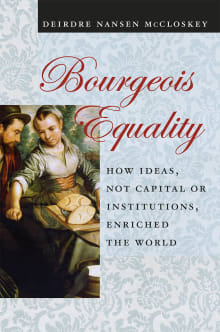
Book description
There's little doubt that most humans today are better off than their forebears. Stunningly so, the economist and historian Deirdre McCloskey argues in the concluding volume of her trilogy celebrating the oft-derided virtues of the bourgeoisie. The poorest of humanity, McCloskey shows, will soon be joining the comparative riches of…
Why read it?
3 authors picked Bourgeois Equality as one of their favorite books. Why do they recommend it?

Can ideas change the world? How does belief in political equality—the idea that everyone deserves basic unbridgeable liberties—affect innovation and economic development?
Dierdre McCloskey—one of the most creative and interesting economists alive—takes on these topics and much more in her characteristically witty, fast-paced style. She loves describing and refuting bad ideas—or even ideas widely regarded as brilliant—in an effort to go deeper into the forces that lifted humans out of poverty and sustain innovation to this day.
From Jonathan's list on why some people tend to be richer or poorer.

In the last couple of centuries, the human race became fabulously rich. McCloskey shows that this wasn’t because of capital accumulation, expanded trade, or colonial exploitation. Rather, a new respect for the liberty and dignity of ordinary working folk begot enormous innovation. We need to stop sneering at the bourgeoisie. She is a wonderful storyteller, and this big book (the last of three big volumes) is a fast read. I discovered that a lot of the history I learned in high school about the rise of the modern economy was wrong. She also offers some important insights into how capitalism makes us better people. I’m not…
From Andrew's list on libertarian philosophy.

In Bourgeois Equality, McCloskey presents one of the most intellectually rigorous, and forward-looking critiques of neoliberalism. She identifies that neoliberal institutionalist economists wholly rely on incentives, and material rewards, to incentivize actors to achieve anything. She argues that for the past two centuries of western liberal capitalism, this neoliberal hypothesis for the Great Enrichment of humankind misses on the one hand intrinsic rewards, and on the other hand virtue. She argues that people are motivated by ideals including freedom and dignity. Economists who believe that these can be reduced to rewards that actors can maximize have entirely missed the…
From S.M.'s list on to move beyond neoliberalism.
If you love Bourgeois Equality...
Want books like Bourgeois Equality?
Our community of 12,000+ authors has personally recommended 100 books like Bourgeois Equality.


